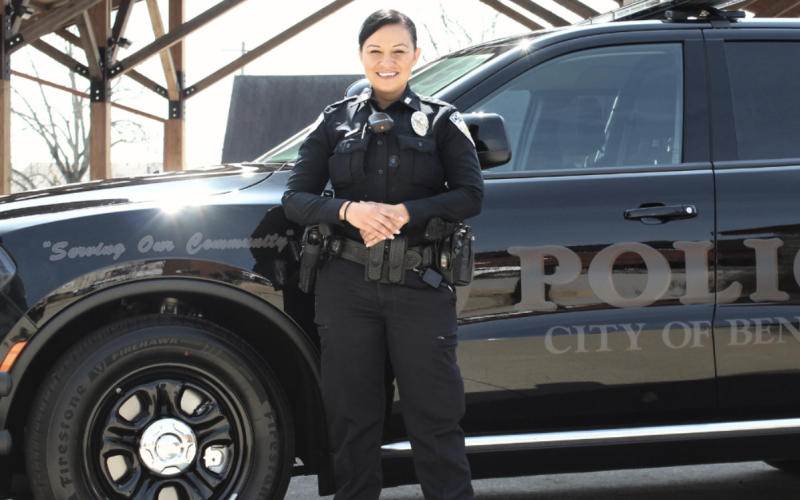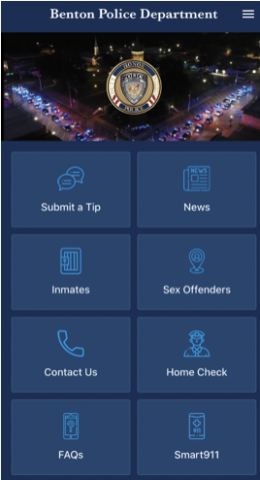BNPD has certified Drug Recognition Experts who not only serve our department but assist other nearby agencies as needed. These DRE’s completed a total of 27 evaluations during the calendar year of 2022. A drug recognition expert or drug recognition evaluator (DRE) is a police officer trained to recognize impairment in drivers under the influence of drugs other than, or in addition to, alcohol.
The International Association of Chiefs of Police (IACP) coordinates the International Drug Evaluation and Classification (DEC) Program with support from the National Highway Traffic Safety Administration (NHTSA) of the U.S. Department of Transportation. In addition to officers, who are certified as DREs, the DEC Program educates prosecutors and toxicologists on the DRE process and the drug categories. Drug recognition, a growing profession in law enforcement, has seen great promise as a means of identifying and prosecuting drug-impaired drivers.
Professional interest in the Drug Evaluation and Classification (DEC) Program and procedures has grown from impaired driving enforcement to workplace drug impairment evaluation, juvenile justice, corrections, and other fields. A DRE conducts a detailed, diagnostic examination of persons arrested or suspected of drug-impaired driving or similar offenses. Based on the results of the drug evaluation, the DRE forms an expert opinion on the following: 1. Is the person impaired? If so, is the person able to operate a vehicle safely? If the DRE concludes that the person is impaired… 2. Is the impairment due to an injury, illness or other medical complication, or is it drug-related? If the impairment is due to drugs… 3. Which category or combination of categories of drugs is the most likely source of the impairment?
A drug recognition expert must have successfully completed an approved course in the Standardized Field Sobriety Testing (SFSTs) and Advanced Roadside Impaired Driving Enforcement (ARIDE) before beginning the three-phase Drug Evaluation and Classification (DEC) Program, which includes the following phases: Phase One: The 16-hour DRE Pre-school, which includes an overview of the DRE evaluation procedures, the seven drug categories, eye examinations and proficiency in conducting the SFSTs. Phase Two: The 56-hour DRE School which includes an overview of the drug evaluation procedures, expanded sessions on each drug category, drug combinations, examination of vital signs, case preparation, courtroom testimony, and Curriculum Vitae (C.V.) preparation. At the conclusion of the 7-days of training, the officer must successfully complete a written examination before moving to the third and final phase of training, where the candidate DRE must complete a minimum of 12 drug evaluations under the supervision of a trained DRE instructor. Of those 12 evaluations, the officer must identify an individual under the influence of at least three of the seven drug categories and obtain a minimum 75% toxicological corroboration rate. The officer must then pass a final knowledge examination and be approved by two DRE instructors before being certified as a DRE.


